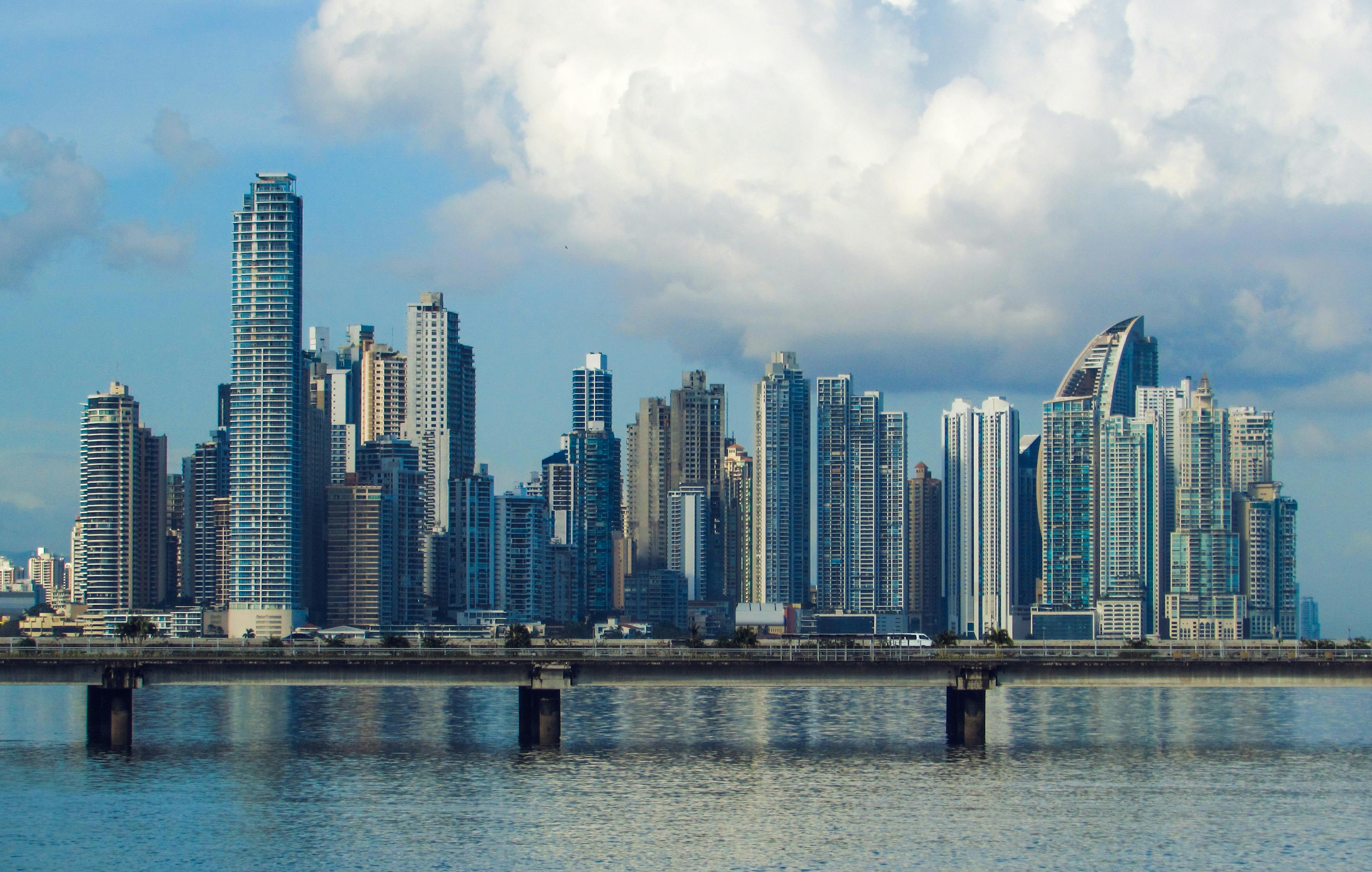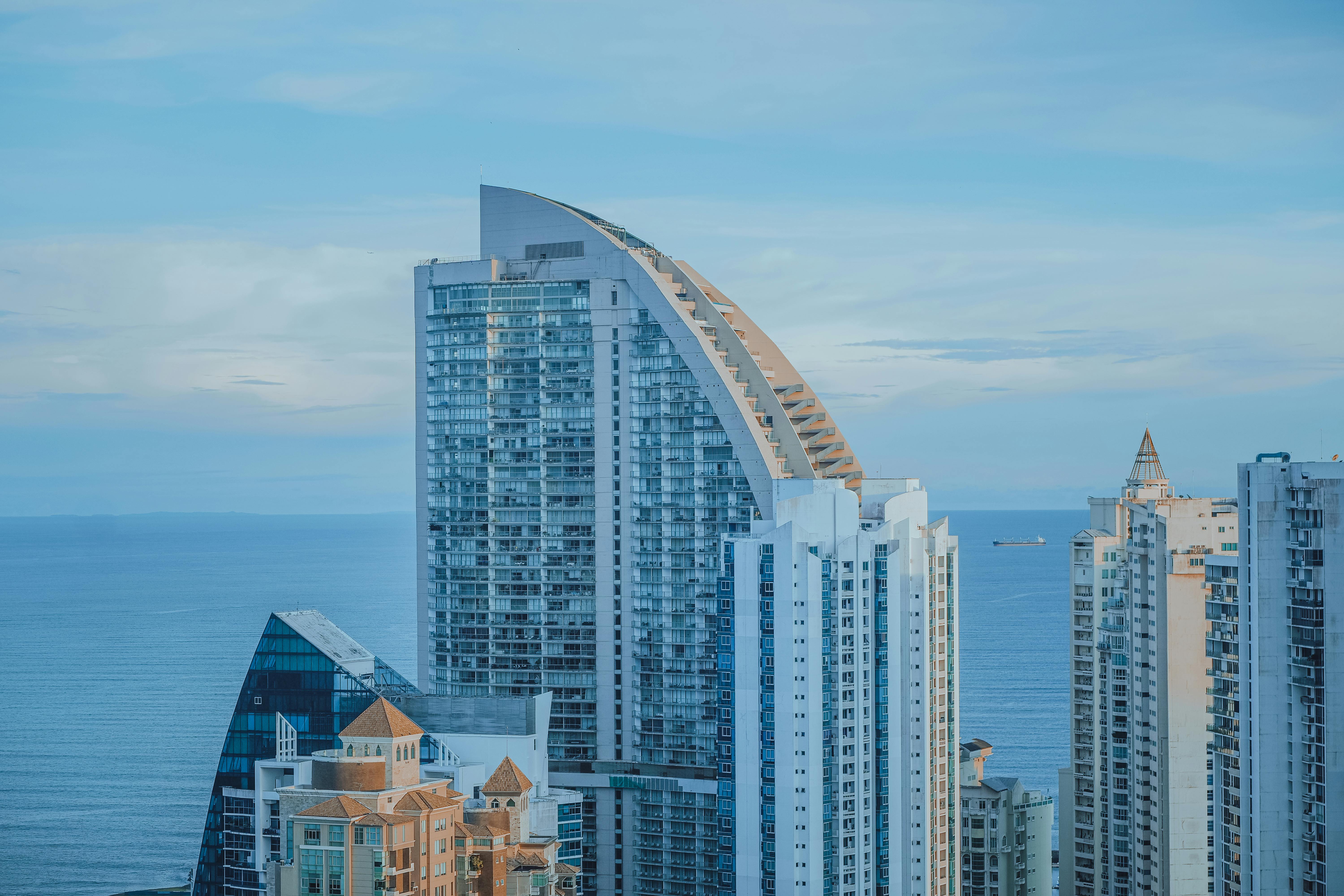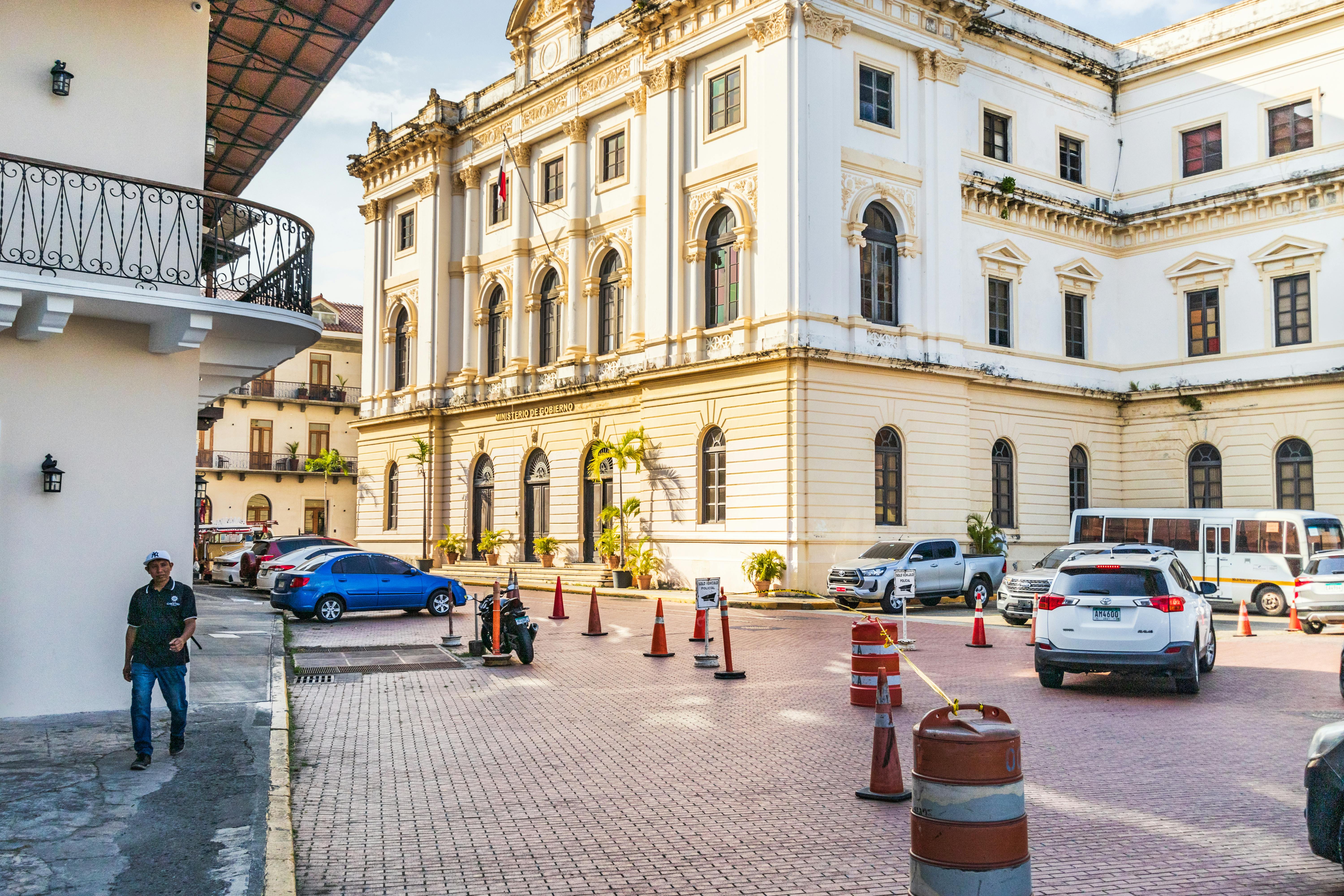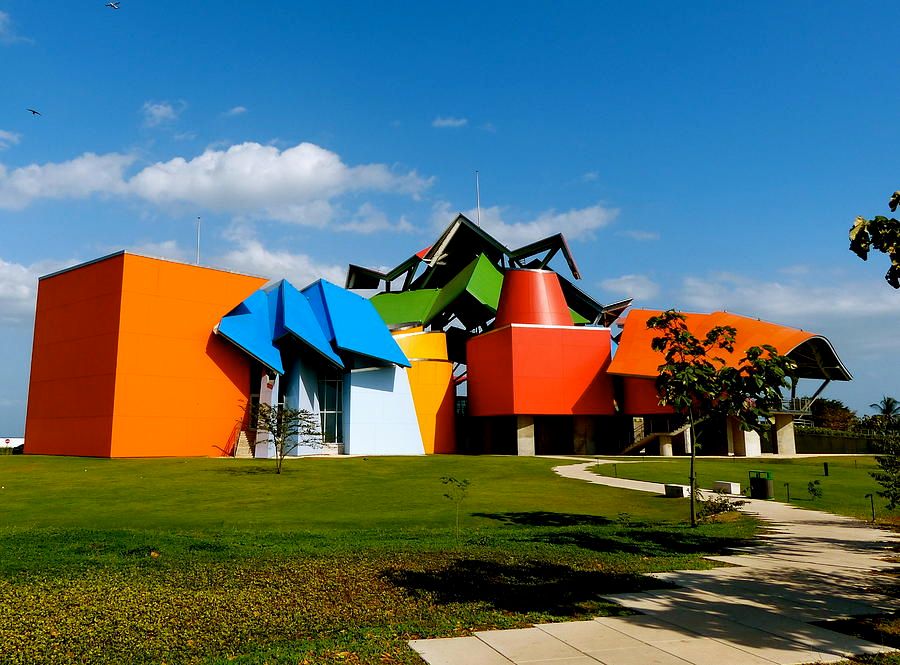Impact of the Economy on the Corporate Real Estate Market in Panama
Impact of the Economy on the Corporate Real Estate Market in Panama
The corporate real estate market in Panama is influenced by various economic factors that affect both demand and supply. In this article, we explore how the economy impacts this sector, highlighting current trends and future projections.
Economic Growth and Stability
Panama's economy has proven to be one of the most stable and fastest-growing in Latin America, largely driven by the Panama Canal and its associated logistics and commercial activities. This economic growth attracts both foreign and local companies to establish their operations in the country, increasing the demand for corporate real estate.

Panama’s economic stability, supported by its use of the US dollar, offers an attractive environment for foreign investment. This financial stability is crucial for maintaining investor confidence and fostering the continued growth of the corporate real estate sector.
Corporate Real Estate Market Trends
In 2024, the corporate real estate market in Panama is expected to continue growing, although with some variations depending on location and property type. In urban areas like Panama City, the demand for offices and commercial spaces remains high due to the concentration of companies and continued infrastructure investment.

In areas such as Costa del Este and Casco Viejo, an increase in rental and sales prices is anticipated due to the scarcity of new projects and the growing interest from multinational companies. The modernization and expansion of infrastructures, such as new metro lines and shopping centers, are also driving the appeal of these areas.
Impact of Inflation and Interest Rates
Inflation and interest rates play a crucial role in the real estate market. In Panama, a moderate inflation rate of 2.1% annually is projected over the next few years, which generally leads to an increase in property values and rental rates. However, investors should be mindful of global economic fluctuations that could affect these projections.

Competitive interest rates in Panama also facilitate access to financing for property purchases, both for companies and individual investors. These favorable conditions stimulate demand and keep the market dynamic.
Challenges and Opportunities
Despite positive trends, the corporate real estate market in Panama faces several challenges. Oversupply in some areas, such as certain coastal zones, can put downward pressure on prices. Additionally, infrastructure problems and traffic congestion in key areas may deter potential tenants and investors.
Nonetheless, the opportunities are significant. Government initiatives to attract foreign investment, such as tax incentives and investor residency programs, continue to make Panama an attractive destination for business. The expansion of the Panama Canal and related infrastructure projects also have a positive effect on the real estate market.

Impact of the Pandemic on the Corporate Real Estate Market
The COVID-19 pandemic has had a significant impact on the corporate real estate market worldwide, and Panama is no exception. Companies have had to adapt to new ways of working, such as remote work and hybrid models, which has reduced the demand for traditional office spaces in the short term.
However, this situation has also created new opportunities. The demand for flexible and coworking spaces has increased as companies seek more adaptable solutions for their changing needs. Additionally, as the economy recovers, the demand for corporate spaces is expected to rebound, driven by the need for high-quality spaces that facilitate collaboration and innovation.
Projections and Promising Areas
Projections for 2024 indicate continued growth in Panama's corporate real estate market. Areas like Casco Viejo and Costa del Este are seeing an increase in interest due to their improved infrastructure and strategic location. These neighborhoods offer a mix of historical and modern properties, attracting both local and international companies.

Moreover, regions like Bocas del Toro are gaining popularity not only for residences but also as corporate investment destinations, especially in sectors related to ecotourism and hospitality. The combination of natural beauty and sustainable development makes these areas an attractive option for investors.
Regulations and Government Policies
The regulatory environment in Panama is favorable for foreign investors, with policies designed to protect and promote investment. Law No. 129, for example, mandates the registration of beneficial owners to increase financial transparency. Additionally, zoning regulations and tax incentives are important factors that facilitate investment in the real estate market.
Government policies also include programs like the Qualified Investor Visa, which facilitates residency for those who invest in real estate in the country. These policies not only attract individual investors but also encourage the growth of large corporate real estate developments.
Final Outlook for the Corporate Real Estate Market in Panama
The impact of the economy on the corporate real estate market in Panama is significant and multifaceted. With a robust and growing economy, attractive incentives for investors, and constantly improving infrastructure, Panama continues to be a prime destination for corporate real estate investments. However, it is crucial for investors to stay informed about economic and market trends to maximize their opportunities and mitigate risks.






